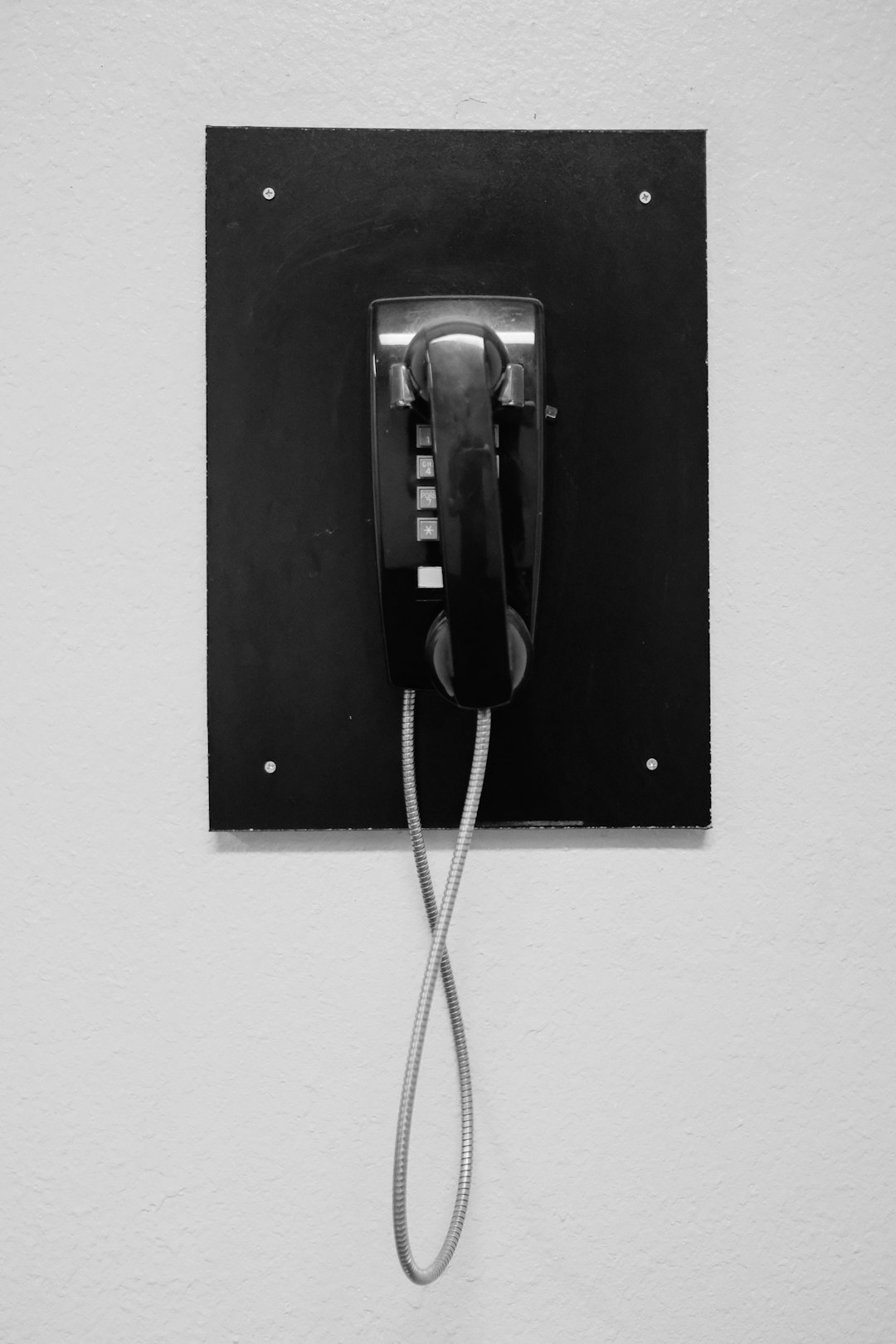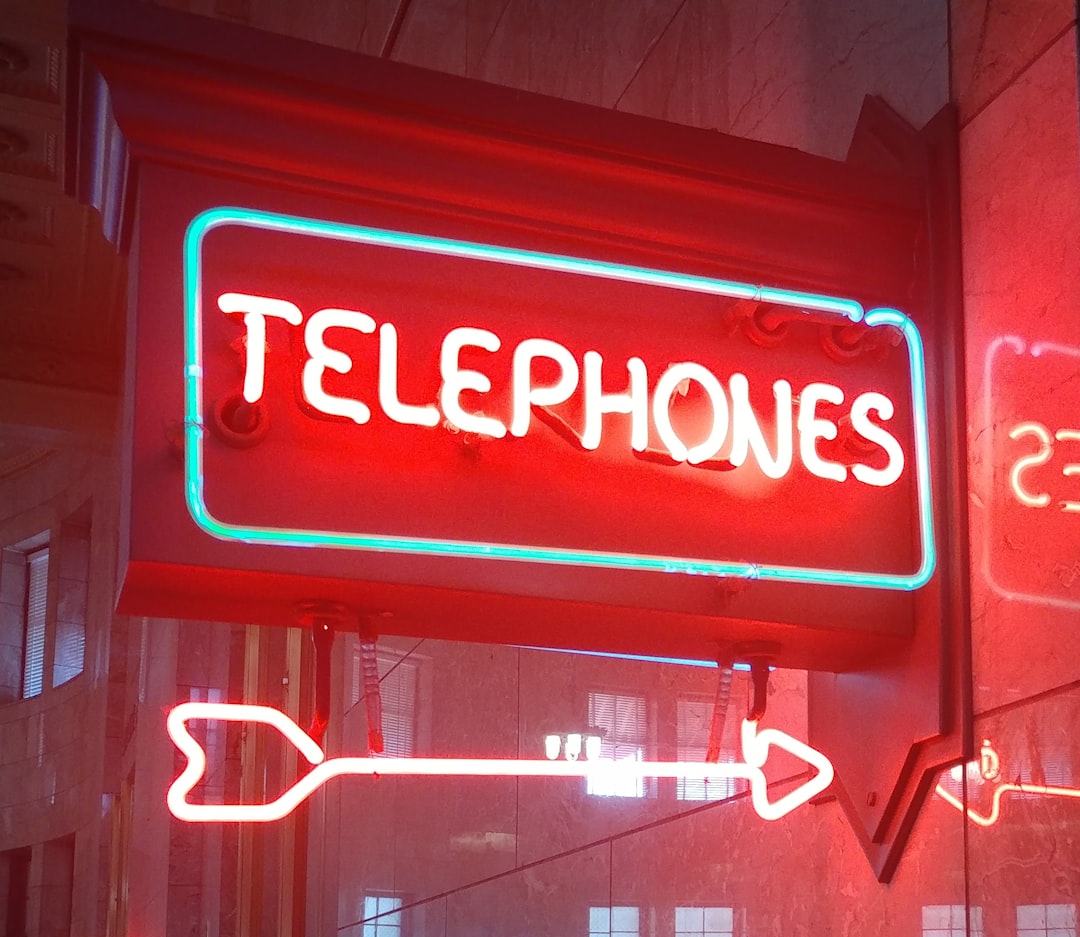VoIP technology has revolutionized global communication, impacting telemarketing practices in Maine where strict anti-spam laws protect residents from harassing calls. Spam call attorneys in Maine are navigating a complex legal landscape as VoIP blurs traditional network boundaries, making it easier for telemarketers to hide and harder to regulate. These attorneys play a vital role in holding telemarketers accountable by implementing improved compliance measures and tracking call origins while ensuring businesses and individuals understand their rights under Maine's comprehensive telemarketing laws, specifically regarding VoIP-based spam calls.
“VoIP technology has drastically transformed telemarketing, and Maine’s laws are struggling to keep pace. This article explores the rise of Voice over Internet Protocol (VoIP) in telemarketing practices and its legal implications for businesses and consumers in Maine. We’ll delve into Maine’s telemarketing regulations, specifically focusing on how VoIP challenges traditional rules, and provide insights for spam call attorneys navigating this evolving landscape. Understanding these changes is crucial for ensuring compliance and protecting rights in the digital age.”
Understanding VoIP Technology and its Rise in Telemarketing

VoIP technology, or Voice over Internet Protocol, has revolutionized communication globally and significantly impacted telemarketing practices in Maine. This innovative digital solution allows voice calls to be transmitted over internet networks, enabling businesses to make and receive calls from anywhere with an internet connection. With its increasing accessibility and affordability, VoIP has become a preferred method for telemarketers worldwide. In Maine, where regulations surrounding telemarketing are stringent, particularly when it comes to consumer protection against spam calls, the rise of VoIP presents both challenges and opportunities.
Spam call attorneys in Maine often find themselves navigating complex legal grounds as technology evolves. The state’s laws aim to safeguard residents from unsolicited and harassing phone calls, but with VoIP, traditional boundaries between phone networks are blurred. This has led to debates regarding jurisdiction and the application of existing telemarketing regulations. However, it also opens doors for improved compliance measures and more effective tracking of call origins, empowering Maine’s legal experts to assist clients in holding telemarketers accountable for any violations, especially those using VoIP technology.
Maine's Telemarketing Laws: A Comprehensive Overview

Maine has established comprehensive telemarketing laws aimed at protecting residents from unwanted calls, particularly spam calls. These regulations are designed to maintain a balance between legitimate business practices and consumer privacy rights. The state’s laws cover various aspects of telemarketing, including do-not-call lists, consent requirements, and restrictions on certain types of calls.
Spam call attorneys Maine play a crucial role in ensuring these laws are enforced. They assist individuals and businesses in understanding their rights and responsibilities under the legislation. With the rise of VoIP technology, which allows for more versatile and potentially anonymous calling, Maine’s telemarketing laws have had to adapt. This shift has added complexity, emphasizing the need for legal expertise to navigate the evolving regulatory landscape and protect against potential violations, especially concerning spam calls.
The Intersection of VoIP and Legal Implications for Spam Call Attorneys in Maine

The rise of Voice over Internet Protocol (VoIP) technology has significantly impacted communication practices, presenting both opportunities and challenges for businesses and legal professionals alike in Maine. For spam call attorneys in Maine, the digital age brings unique complexities. Traditional telemarketing laws, primarily designed around landline calls, now need to accommodate the growing use of VoIP services. This shift has led to debates regarding jurisdiction, as VoIP calls can originate from anywhere globally, complicating efforts to trace and prosecute offenders.
Spam call attorneys in Maine must adapt to this new landscape by understanding the legal framework surrounding VoIP communications. The unique characteristics of internet-based calls, such as anonymity and potential non-compliance with traditional phone regulations, require a different strategic approach. Legal professionals need to stay updated on case laws and regulatory changes specific to VoIP spam calls to effectively represent clients and ensure compliance in this evolving digital realm.






